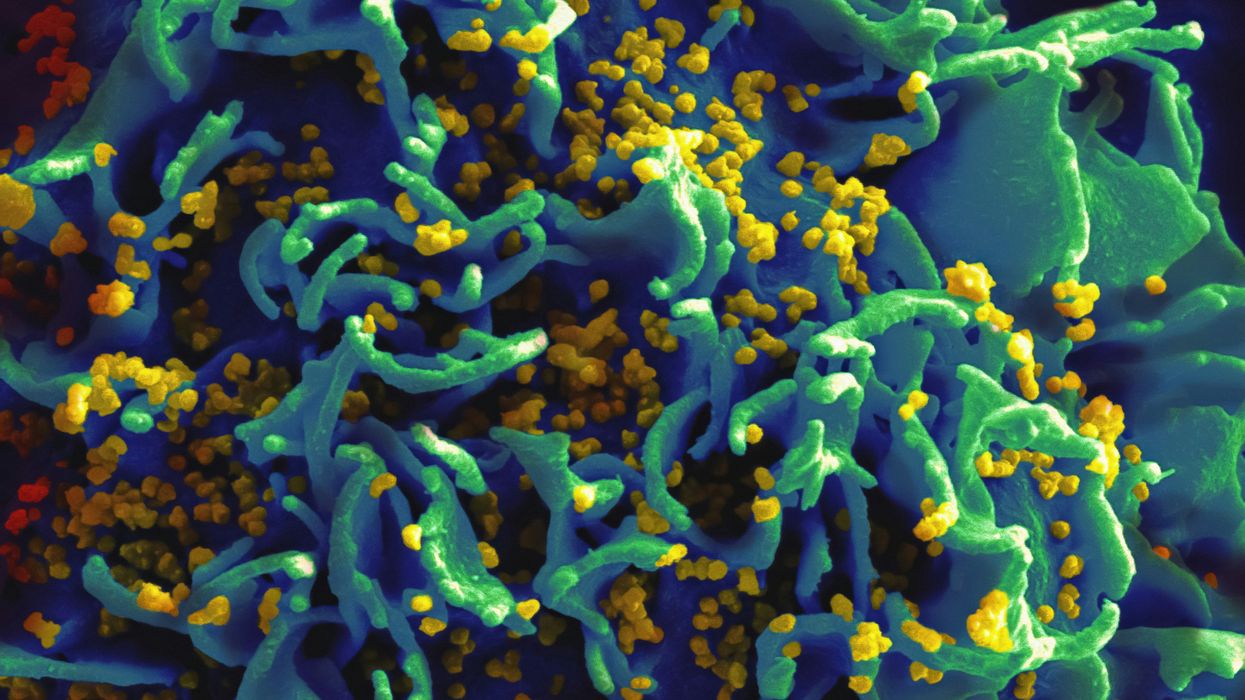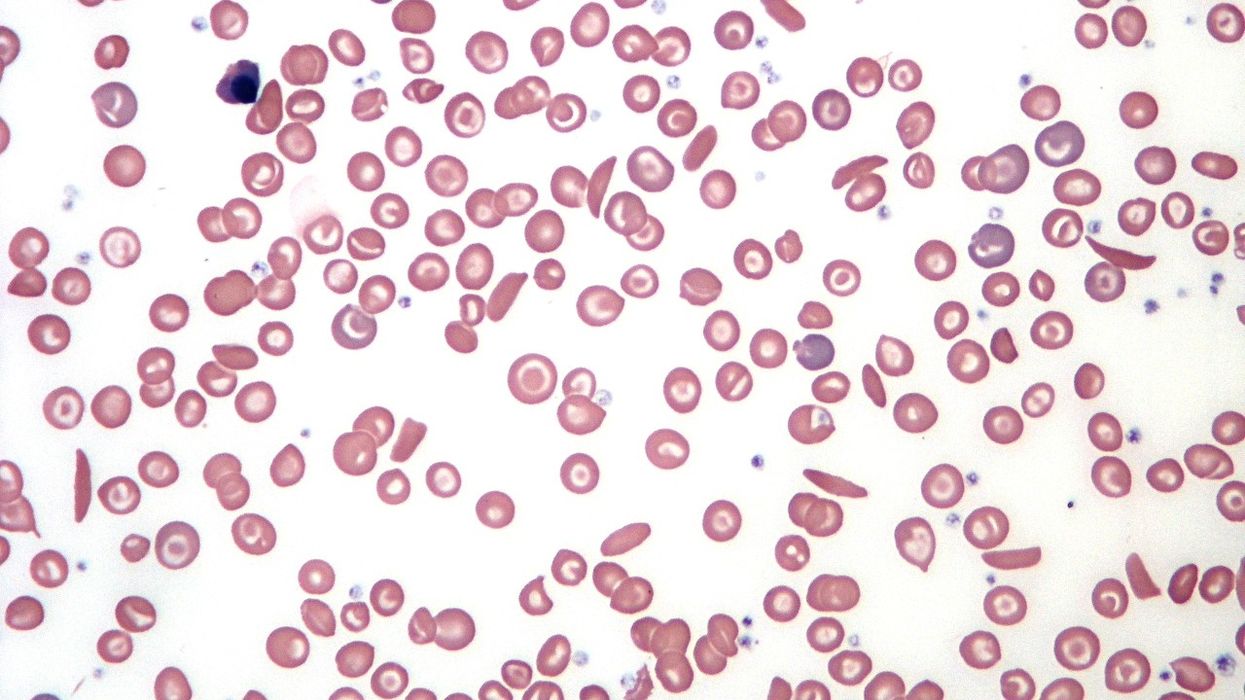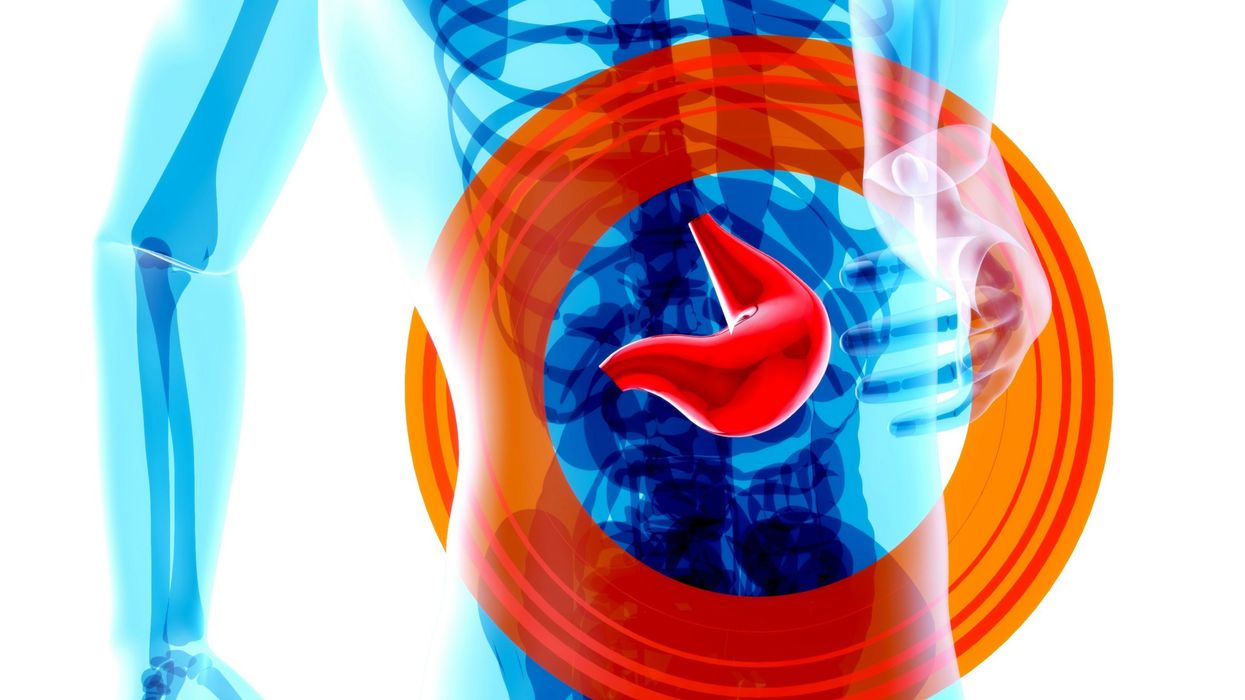Gastrointestinal stromal tumors (GISTs) are a rare and intriguing type of cancer primarily affecting the digestive tract. They arise from the interstitial cells of Cajal, which are part of the autonomic nervous system of the gut, responsible for coordinating the rhythmic movements of the gastrointestinal system. (Miettinen and Lasota, 2006).
GISTs are most commonly found in the stomach and small intestine but can occur anywhere along the gastrointestinal tract (Corless, Heinrich, and Blanke, 2004). They range from benign tumors, which are relatively harmless, to malignant forms, which can be life-threatening. The incidence of GIST is estimated to be approximately 15 cases per million per year, underscoring how rare it is (Nilsson et al., 2005).
Symptoms of GIST
The symptoms of GISTs can vary. Some patients may remain asymptomatic, while others experience symptoms such as abdominal pain, nausea, vomiting, or blood in the stool, which may be a sign of the tumor bleeding (Joensuu, 2006).
Diagnosis of GIST
Diagnosing GIST typically involves a combination of imaging studies and biopsy. CT scans and MRI’s are useful for visualizing the size and location of the tumors (Levy et al., 2003). Endoscopic ultrasound-guided fine needle aspiration (EUS-FNA) is often employed to obtain tissue samples for histological examination (Andtbacka and Ng, 2007). GISTs are characterized by their spindle-shaped cells in most cases, although about 20% can present with epithelioid or mixed cellular forms (Miettinen and Lasota, 2006). Immunohistochemical staining, particularly for the protein KIT (CD117), is crucial as it is positive in about 95% of cases, providing a key diagnostic marker (Hirota et al., 1998).
Treatment and Prognosis
The primary treatment for localized GIST is surgical resection, with the aim of removing the tumor entirely (DeMatteo et al., 2000). For advanced cases, or when surgery is not feasible, targeted therapy with tyrosine kinase inhibitors (TKIs) such as imatinib has transformed the treatment landscape of GIST (Verweij et al., 2004). Imatinib specifically inhibits the KIT protein and has shown high efficacy in controlling tumor growth and improving survival rates.
The prognosis for GIST varies depending on factors such as tumor size, location, and the mitotic index, which indicates how quickly the tumor cells are dividing (Joensuu, 2006). The introduction of imatinib and other TKIs has significantly improved the outlook for patients with advanced or metastatic GIST, making what was once a highly lethal disease into a manageable chronic condition for many patients.
Ongoing Research
Research continues to evolve in the field of GIST. Newer generations of TKIs, such as sunitinib and regorafenib, are being explored to overcome resistance to imatinib (Demetri et al., 2006; George et al., 2012). Ongoing clinical trials are investigating the efficacy of combining different therapeutic strategies to further improve outcomes.
In addition, genetic studies are deepening the understanding of the molecular mechanisms underlying GIST. Such insights are crucial for developing more targeted therapies that could offer personalized treatment approaches based on the genetic profile of individual tumors (Corless et al., 2011).
Gastrointestinal stromal tumors represent a unique and challenging type of cancer. Advances in diagnostic techniques and targeted therapies have significantly improved the prognosis for patients with GIST. As research progresses, there is hope that further understanding of its molecular basis will lead to even more effective treatments. Through continued innovation and clinical exploration, the future for GIST patients looks increasingly promising.
For more information visit The Life Raft group
References
- Andtbacka, R. H., & Ng, C. S. (2007). EUS-guided FNA diagnostic yield.
- Corless, C. L., Heinrich, M. C., & Blanke, C. D. (2004).
- Corless, C. L., et al. (2011).
- DeMatteo, R. P., et al. (2000).
- Demetri, G. D., et al. (2006).
- George, S., et al. (2012).
- Hirota, S., et al. (1998).
- Joensuu, H. (2006).
- Levy, A. D., et al. (2003).
- Miettinen, M., & Lasota, J. (2006).
- Nilsson, B., et al. (2005).
- Verweij, J., et al. (2004).


















